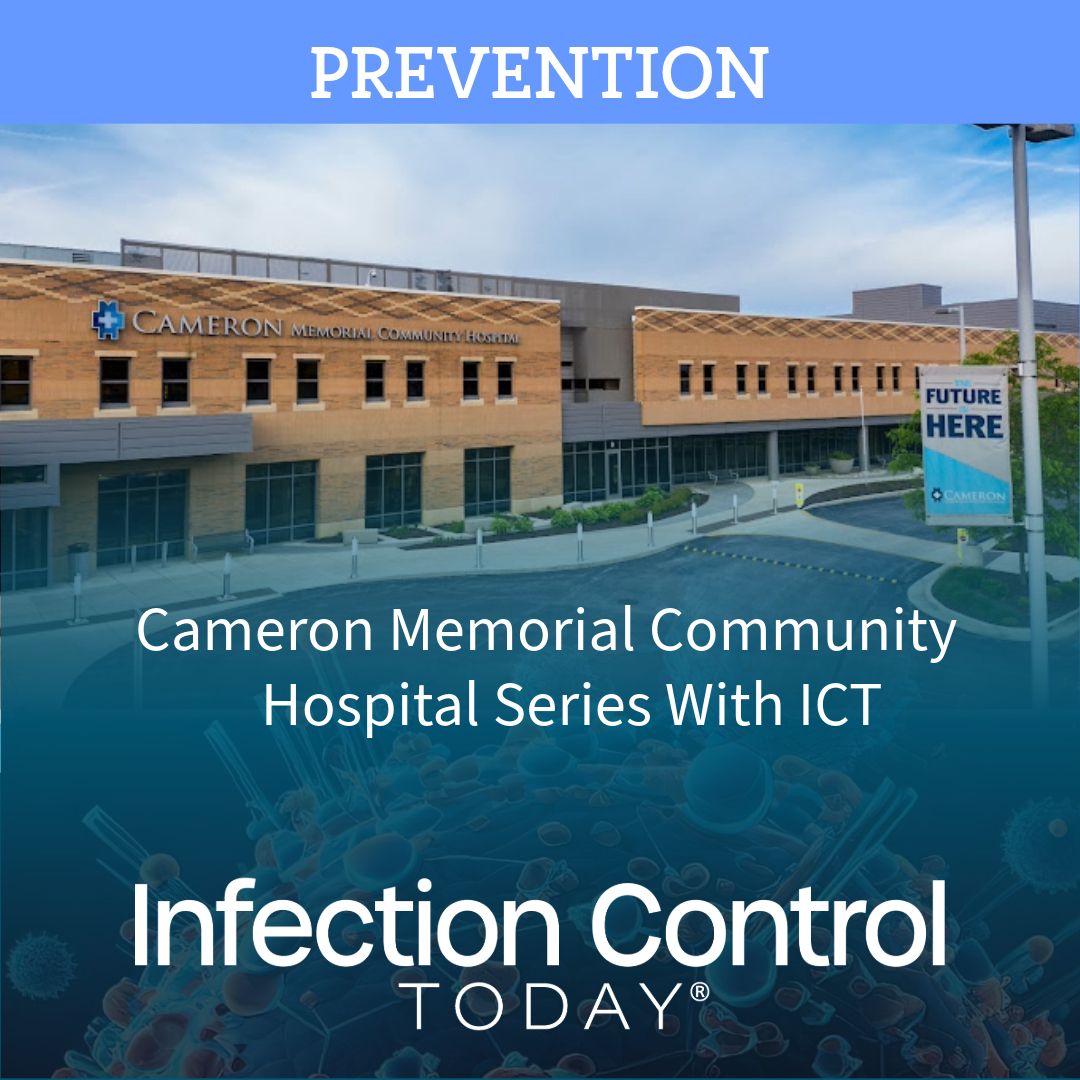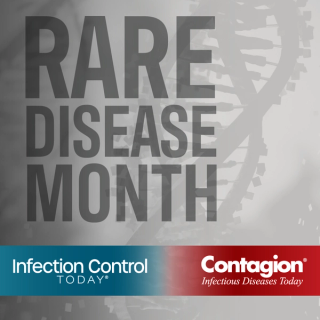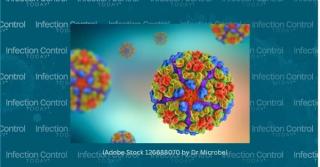
Prevention
Latest News

Latest Videos

CME Content
More News

From advanced sterilization methods to combating antimicrobial resistance, Infection Control Today’s top articles of 2024 delivered actionable strategies for safer healthcare environments and improved patient outcomes.
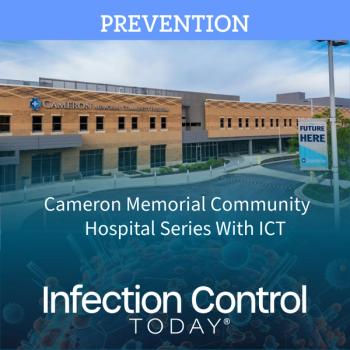
Cameron Memorial Community Hospital streamlined pharmaceutical waste management through signage, training, and collaboration, cutting waste nearly in half and saving costs while boosting staff competencies and accountability.

Cameron Memorial Community Hospital streamlined cleaning practices by consolidating products, saving costs, empowering staff, and ensuring infection control. Collaborative efforts fostered efficiency, safety, and improved staff engagement.

In the first of a series, Darren Goff, executive director of hospitality services at Cameron Memorial Community Hospital in Angola, Indiana, speaks on how the environmental services team uses OhmniClean UV-C robots as an adjunct to their already excellent services.

Did you meet Tori Whitacre Martonicz, senior editor for Infection Control Today, at the APIC, AORN, HSPA, or Ohio State APIC conferences in 2024? Check out these pictures and see if you're here.

Discover how reducing hand hygiene observations from 200 to 50 per unit monthly can optimize infection preventionists' time, enhance safety culture, and improve patient outcomes.
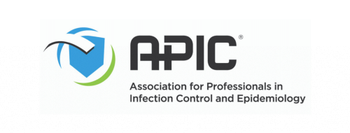
Explore APIC’s groundbreaking framework for defining and documenting infection preventionist competency. Christine Zirges, DNP, ACNS-BC, CIC, FAPIC, shares insights on advancing professional growth, improving patient safety, and navigating regulatory challenges.

IDWeek 2024 continues to give encouraging studies. Check out several more from CSL Seqirus and Shionogi.

Shahbaz Salehi, MD, MPH, MSHIA, is the Infection Control Today 2024 Educator of the Year. He is celebrated for his leadership, mentorship, and transformative contributions to infection prevention education and patient safety.
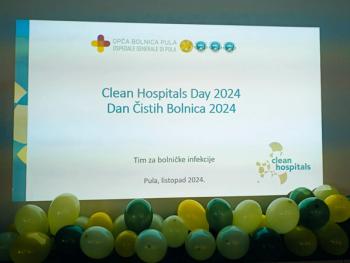
Learn how Pula General Hospital in Croatia championed infection prevention and environmental hygiene and celebrated Clean Hospitals Day to honor cleaning staff and promote advanced practices for exceptional patient care and safety.
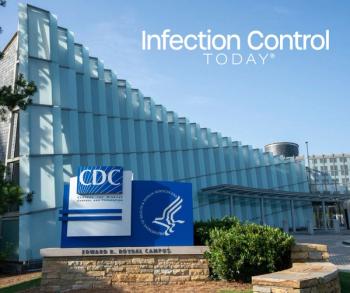
Discover how the NHSN 2022 Rebaseline initiative updates health care-associated infection metrics to align with modern health care trends, enabling improved infection prevention strategies and patient safety outcomes.
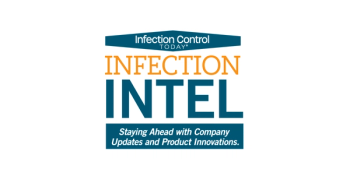
Today's Infection Intel discusses updates from Johnson & Johnson MedTech, Merck and Ridgeback, MicroLumix, and Evinature. Read on to learn the latest.

Discover SHEA's visionary 10-year plan to reduce HAIs by advancing infection prevention strategies, understanding transmission, and improving diagnostic practices for better patient outcomes.
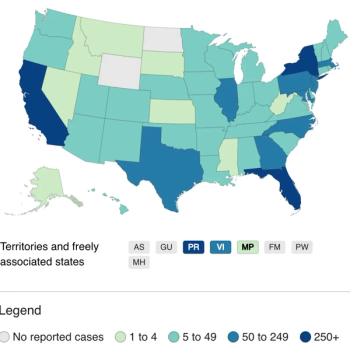
Explore how climate change accelerates the spread of mosquito-borne diseases like dengue and Zika, highlighting innovative solutions, challenges, and the urgent need for global action.

Learn more about how effective air pressure regulation in health care facilities is crucial for controlling airborne pathogens like tuberculosis and COVID-19, ensuring a safer environment for all patients and staff.

Discover how a groundbreaking color additive for disinfectant wipes improved hospital cleanliness by 69.2%, reduced microbial presence by nearly half, and enhanced cleaning efficiency—all without disrupting workflows.
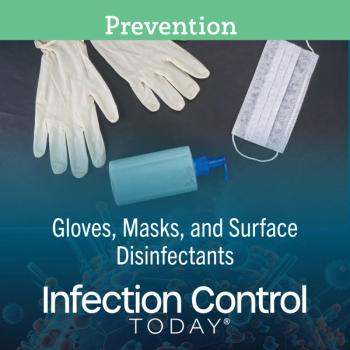
Gloves, masks, and surface disinfectants are infection prevention powerhouses. Equip your practice with these essentials to protect patients and staff this cold and influenza (flu) season.

A CDC report reveals 25 years of splash pad-linked waterborne outbreaks, highlighting risks from pathogens like Cryptosporidium. Prevention requires better hygiene, water treatment, and public health strategies.

Infection Control Today’s Infection Intel learns more about Stryker’s Oculan Lighting Platform and Hexaware Technologies’ Clinical Data Automation as a Solution (CDAaaS).

Infection preventionists play a vital role in health care, leveraging change management techniques to overcome resistance, unite stakeholders, and implement strategies prioritizing patient safety.

A critical H5N1 case in a British Columbia teen underscores zoonotic disease challenges, highlighting the virus's mutation potential and the need for vigilance and cross-sector collaboration.
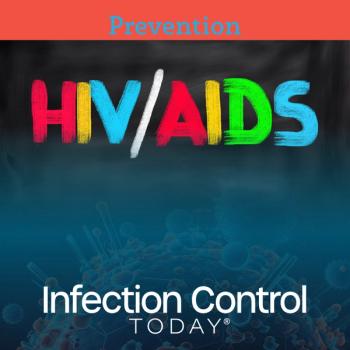
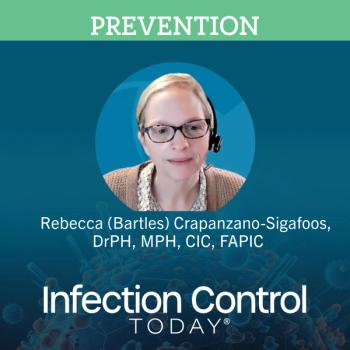
A new study finds nearly 80% of hospitals lack sufficient infection prevention staffing, linking understaffing to increased health care-associated infections and highlighting a need for reform.
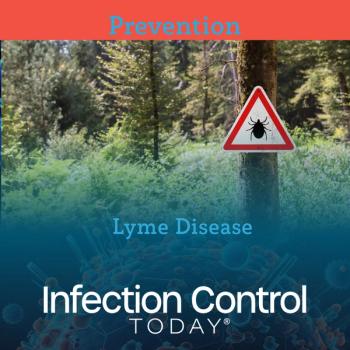
Lyme disease, caused by Borrelia bacteria and transmitted by black-legged ticks, demands vigilant prevention, timely diagnosis, and effective treatment to minimize health and public safety risks.

Mount Sinai Brooklyn’s expanded Candida auris screening protocols identified more cases, enabling timely isolation and disinfection measures to prevent outbreaks and enhance patient safety in hospital settings.


